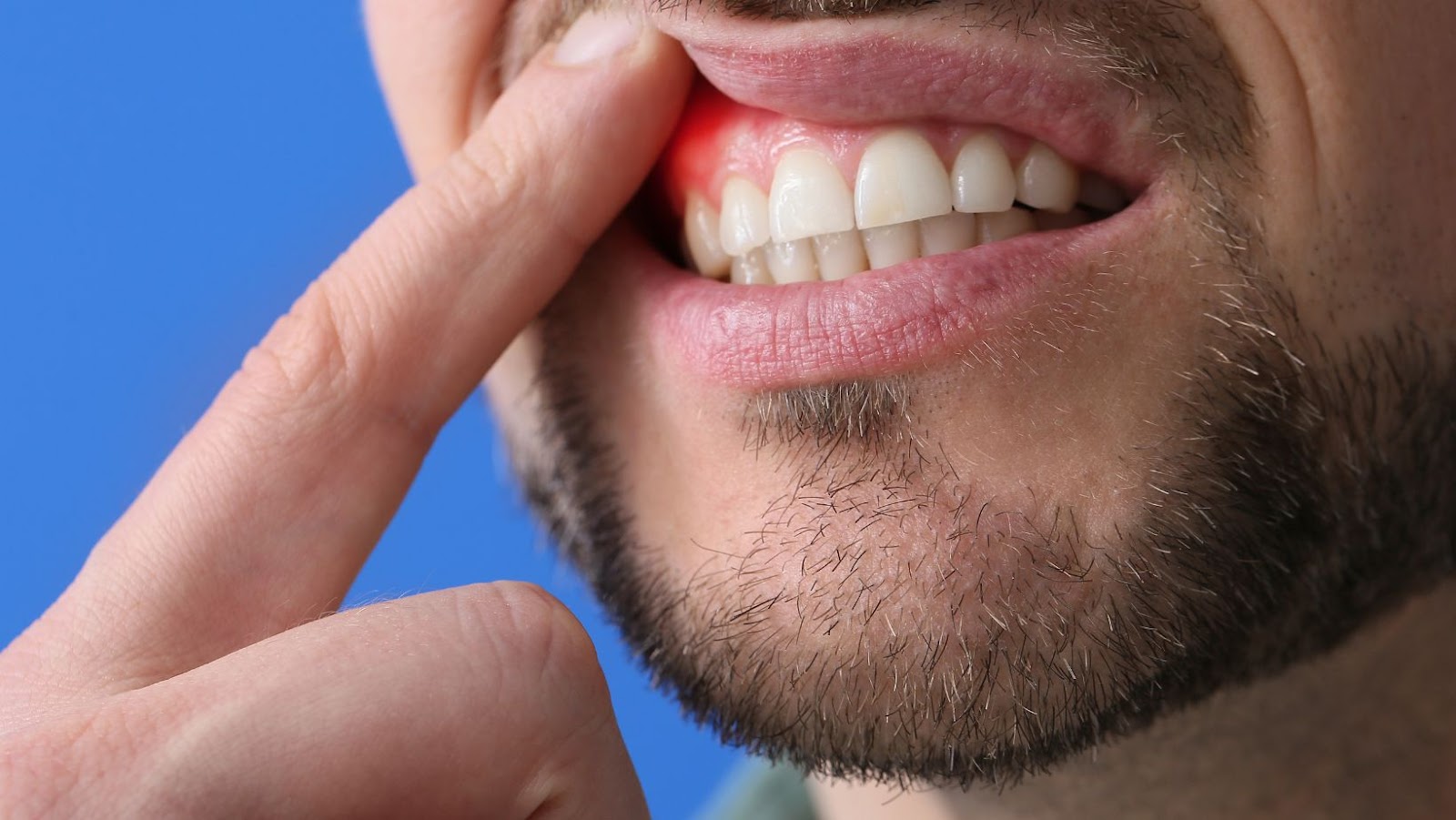
Gums Bleed When I Floss
Maintaining good oral hygiene is important, and flossing is a crucial part of it. However, many of us have experienced the frustration of seeing our gums bleed when we floss. While bleeding gums might be a sign of gum disease in some cases, it can also be due to incorrect flossing techniques.
If you’re facing issues with gums bleeding when you floss, don’t worry! In this article, I’ll share some tips and tricks to help you prevent gums bleeding when you floss. By taking a few precautions, you can make flossing a comfortable and effective part of your daily dental routine.
Before we dive into the tips, it’s essential to understand why your gums might be bleeding when you floss. In many cases, it’s due to the buildup of plaque and bacteria that irritates the gums. Other causes can be due to aggressive brushing, hormonal changes, or certain medications. Whatever the cause might be, it’s crucial to take the necessary steps to prevent further damage and protect your oral health.
Check out our next post!
Why Gums Bleed During Flossing
It is not uncommon to see bleeding gums after flossing. Bleeding gums while flossing can be a symptom of many dental issues including gum disease and gingivitis, but there can be many other reasons for it.
Here are some of the most common reasons for experiencing bleeding gums while flossing:
- Gingivitis: Gingivitis is the earliest stage of gum disease, which is caused by the build-up of plaque on the teeth and gum line. Gingivitis can lead to inflammation and tenderness of the gums. When you floss, the plaque and bacteria in the gum line get disturbed, and it can lead to bleeding.
- Aggressive Flossing: Flossing should be done gently, but sometimes people get too aggressive while flossing, which can cause the gums to bleed. Aggressive flossing can harm the tissues around the gum line and can lead to gum recession.
- Brushing Technique: Using too much force while brushing can also cause bleeding gums. It’s important to brush your teeth gently with a soft-bristled brush. Over-brushing can damage the gum tissue and lead to bleeding.
- Use of Tobacco: Smoking tobacco or using any other tobacco product reduces blood flow to the gums, making them more susceptible to infections and gum disease. It also slows down the healing process of the gums.
- Vitamin Deficiency: A deficiency in vitamin C and K can cause bleeding gums. Vitamin C helps in the growth of cells responsible for holding the gum tissue tightly around the teeth. Vitamin K is necessary for blood clotting, which helps in healing of the gums.
If you experience bleeding gums when you floss, it’s essential to identify the root cause and take corrective measures. Maintaining good oral hygiene habits such as brushing and flossing gently, quitting tobacco products, and eating a healthy diet can help prevent bleeding gums. Consulting a dentist can help you identify any underlying dental issues that could be causing your bleeding gums and help you come up with a plan to remedy them.
Tips To Prevent Gums Bleed When Flossing
If your gums bleed when you floss, there’s no need to panic. It’s a common issue that many people face, and there are several things you can do to prevent it. Here are some tips to help you prevent gums bleed when I floss:
- Use the right technique: Make sure you are using the correct flossing technique. Slide the floss gently between each tooth, and be sure to curve it around the base of each tooth in a C-shape. Avoid snapping the floss, as this can irritate your gums.
- Be gentle: Flossing is essential to maintain good oral hygiene, but it should be done gently. Avoid being too aggressive when flossing, as it can cause the gums to bleed.
- Choose the right floss: The type of floss you use can also impact the health of your gums. Unwaxed floss or floss that is too thick can cause friction and lead to bleeding. Instead, try using waxed floss or floss that is specifically designed for sensitive gums.
- Brush regularly: Brushing your teeth twice a day can help prevent bacteria from building up between your teeth and gums. When plaque is left to accumulate, it can cause inflammation and bleeding.
- See your dentist regularly: Regular dental checkups can detect early signs of gum disease and help prevent bleeding gums when flossing.
By following these tips, you can help prevent gums bleed when I floss. If bleeding continues, or you have other concerns, it’s always a good idea to consult your dentist for further advice.

